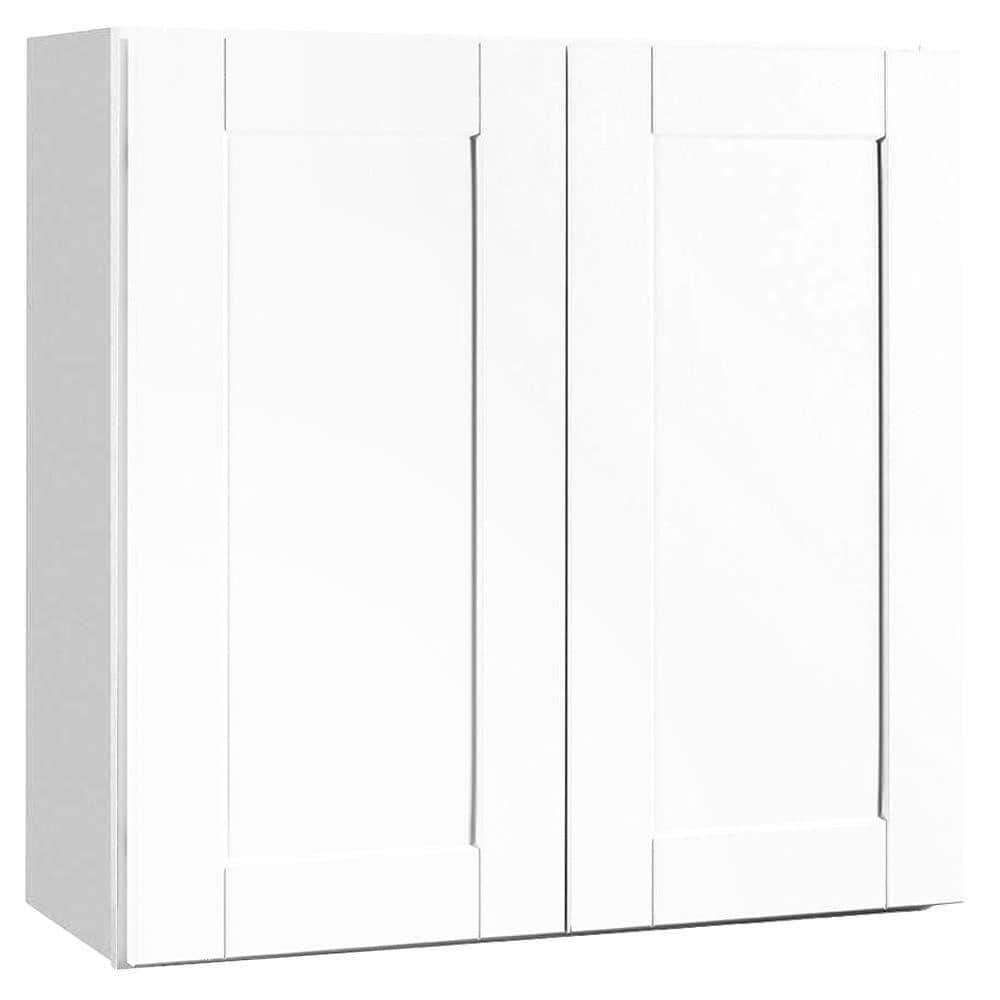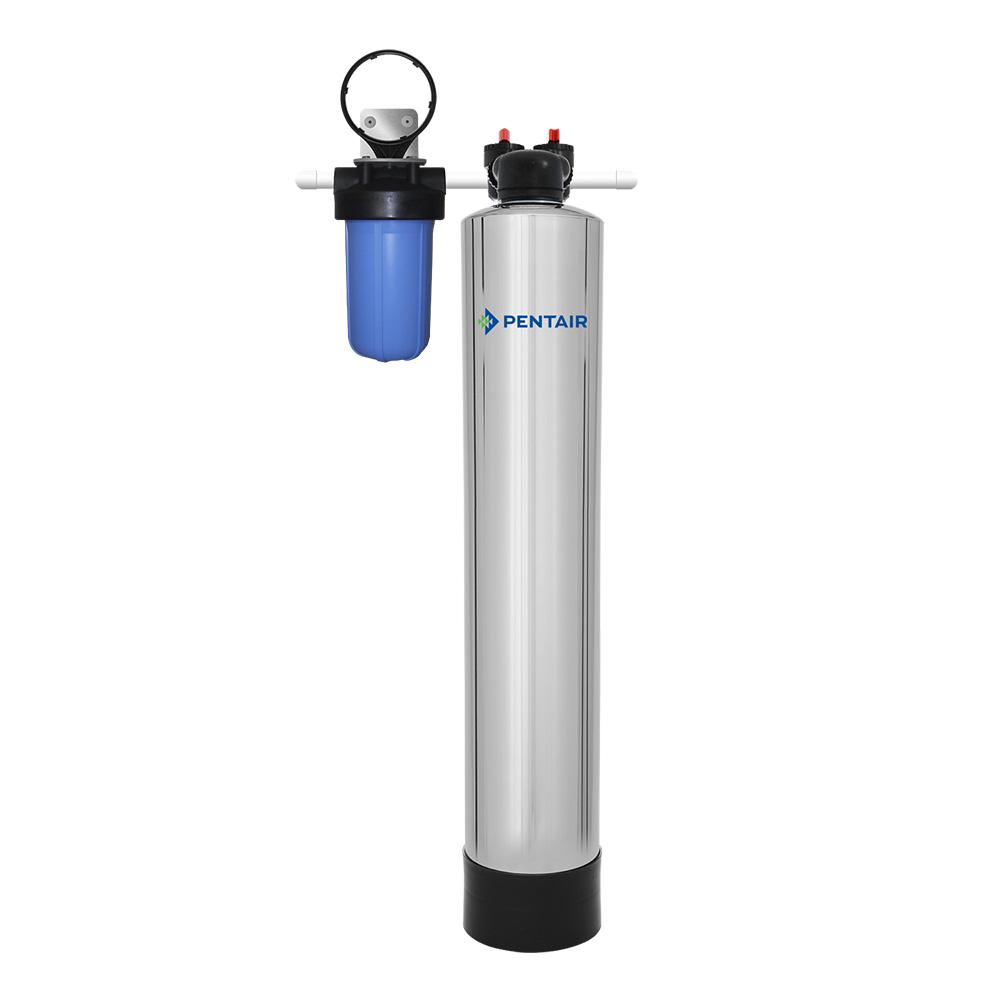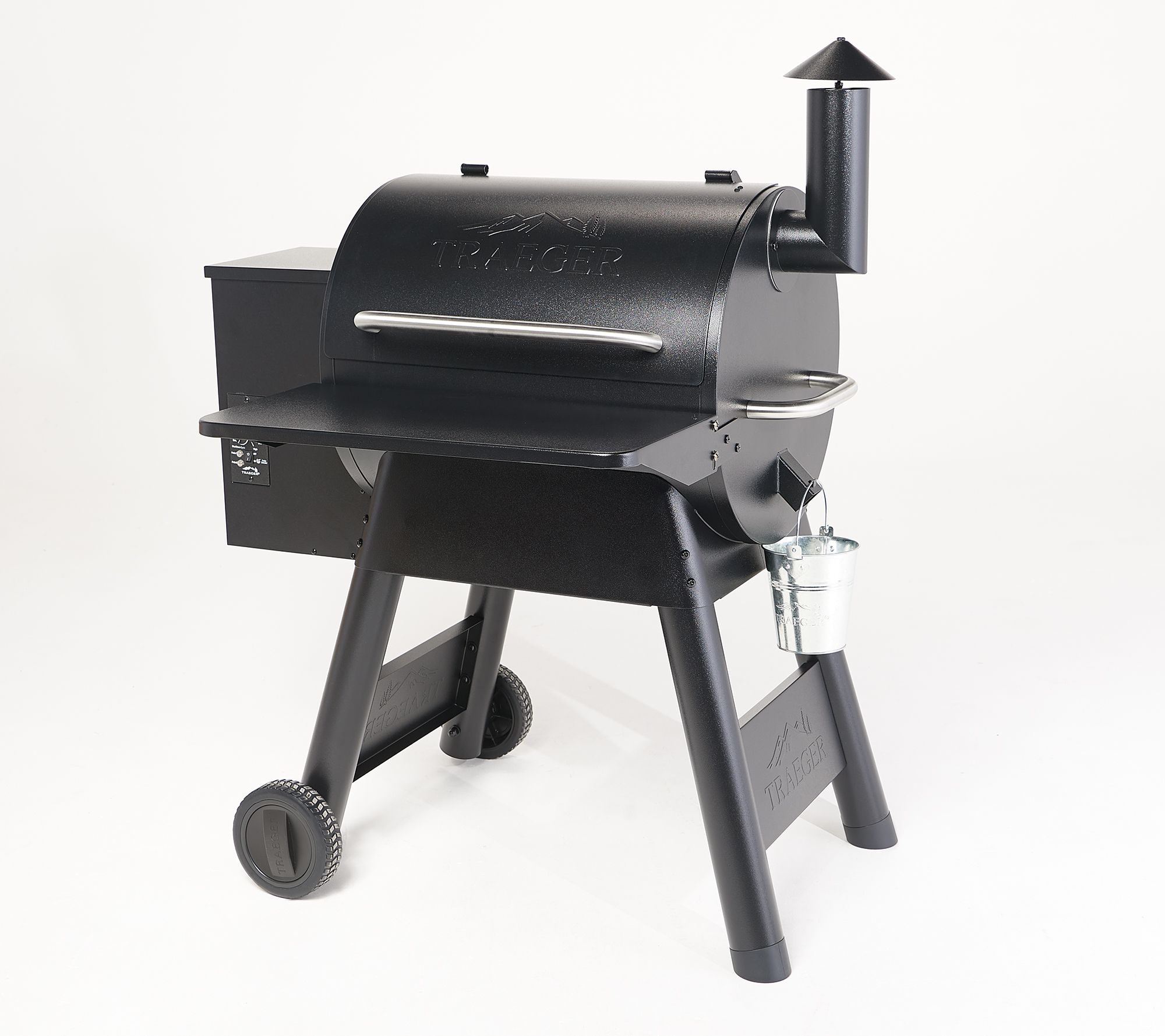Hampton Bay Shaker Satin White Stock Assembled Wall Kitchen Cabinet (30 in. x 30 in. x 12 in.)
Get started sooner with online orders shipping in 1 day. Features 2 doors and 2 adjustable shelves. Shaker White kitchen cabinets add a modern look to any design.
The furniture-quality finish on the Hampton Bay Base Cabinet adds warmth and beauty to your kitchen design. The cabinet’s 3/4 in. shelf thickness offers durability and its adjustable shelf design helps you maximize your storage space. The cabinet is preassembled for hassle-free installation.
- Composite case construction for durability and strength
- Framed construction with encapsulated panels offers a solid look
- Shaker door style provides a versatile look to your kitchen decor
- Included adjustable shelves are Half-Depth and measure 3/4 in. thick
- Fully integrated panel joinery for strength
- Adjustable hinges are self-closing and hidden from view
- Durable RTF finish
- Limited lifetime warranty
- Encapsulated panels, fully captured in grooves for strength
- Certified KCMA cabinet
- KCMA Environmental Stewardship Program Certificate
- Cabinets do not include hardware (decorative or installation)
Additional information
| Assembled Depth (in.) | 12 in. |
|---|---|
| Assembled Height (in.) | 30 in. |
| Assembled Width (in.) | 30 in. |
| Interior Cabinet Depth (in.) | 11.25 in. |
| Shelf Thickness (in.) | 0.75 in. |
| Manufacturer Warranty | Limited Lifetime Warranty |






by Mike
First time the cabinet came in without damage and waiting for weeks.
by Jackie
Nice cabinet for laundry room. The edges are fragile though— If nicked, they wouldn’t look good whereas real wood with stain or baked on paint is more forgiving. I’m unsure if I would use these in my kitchen.
by Daniel
Great quality for the price. I will buy more of these.